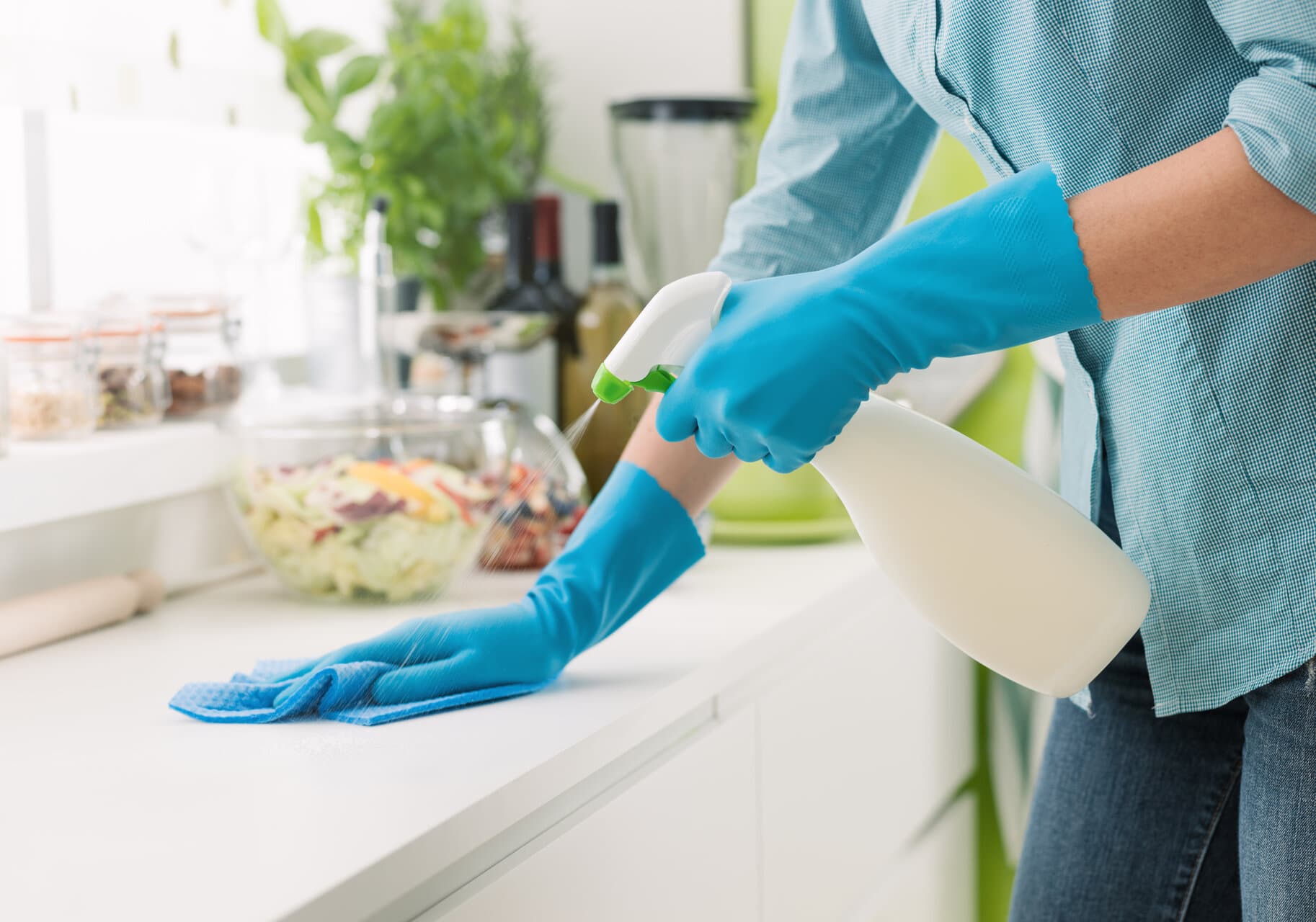Common cleaning practices, such as using harsh chemicals in poorly ventilated spaces, have been identified as risk factors for exacerbating asthma symptoms.
Plumbworld, a leading expert in bathroom and kitchen products, has outlined three critical cleaning mistakes that can contribute to the onset of asthma symptoms or worsen existing ones.
1. Using Highly Fragranced or Ammonia-Based Cleaners
Frequent use of heavily fragranced products or cleaners containing ammonia is a common mistake that can trigger asthma attacks.
These substances emit volatile organic compounds (VOCs) and other irritants, which, when used in enclosed spaces with insufficient ventilation, can significantly increase indoor air pollution.
Ammonia, a strong irritant, affects the respiratory tract, and indoor VOC levels can reach up to five times greater than outdoors, potentially causing or exacerbating asthma in sensitive individuals.
2. Improper Ventilation While Cleaning
Failing to ventilate rooms properly during and after cleaning is another major mistake.
Cleaning activities often stir up dust, mould spores, and chemical fumes—all potential asthma triggers.
Without adequate ventilation, these particles and gases accumulate, degrading indoor air quality.
This leads to prolonged exposure to asthma triggers, increasing the likelihood of severe asthma episodes.
Studies indicate that proper ventilation can reduce indoor pollutant levels by up to 70%.
3. Overuse of Bleach and Similar Disinfectants
Although bleach is effective at killing germs, its overuse can be particularly harmful to those with asthma.
Bleach fumes can irritate airways, leading to bronchial inflammation, a common precursor to asthma attacks.
Furthermore, mixing bleach with other cleaning products, like ammonia, can create toxic chloramine vapours, leading to respiratory and eye irritation.
This risk is especially high in poorly ventilated spaces, where fumes can linger and cause ongoing respiratory irritation.
Health studies suggest that frequent exposure to bleach fumes increases the risk of developing asthma by up to 30%.
Preventive Measures to Reduce Asthma Risks
To mitigate these risks, consider adopting these preventive measures:
- Choose Asthma-Friendly Products: Opt for low-VOC, fragrance-free, or asthma-friendly cleaning products certified by health organizations.
- Ensure Good Ventilation: Always open windows while cleaning and for a while afterwards to ensure fresh air circulation.
- Use Natural Cleaning Solutions: Use natural alternatives like vinegar, baking soda, and lemon juice, which are less likely to trigger asthma.
- Regularly Clean or Replace Filters: Ensure HVAC systems, air purifiers, and vacuum cleaners have clean filters to maintain good air quality.
- Follow Safe Product Use Guidelines: Read and follow instructions on cleaning products, avoiding mixing chemicals that can create harmful fumes.
A spokesperson from Plumbworld commented on these findings, advocating for a more health-conscious approach to cleaning:
“Switching to multi-use cleaning tools and materials can be both cost-effective and health-conscious. Instead of buying multiple specialised cleaners, opting for versatile items like microfibre cloths or steam cleaners can tackle various cleaning tasks without the need for harsh chemicals. This approach not only reduces the number of products you need to purchase but also minimises your exposure to potential asthma triggers found in many commercial cleaning agents.
Understanding product labels is also crucial for both your health and your wallet.
Choosing products with clear ingredient lists and avoiding those with vague terms like ‘fragrance’ or ‘perfume’ can help you steer clear of irritants.
By being informed about what’s in your cleaning supplies, you not only protect your health but also avoid wasting money on products that may be harmful to you or your family, ensuring you get effective and safe results every time you clean.”
